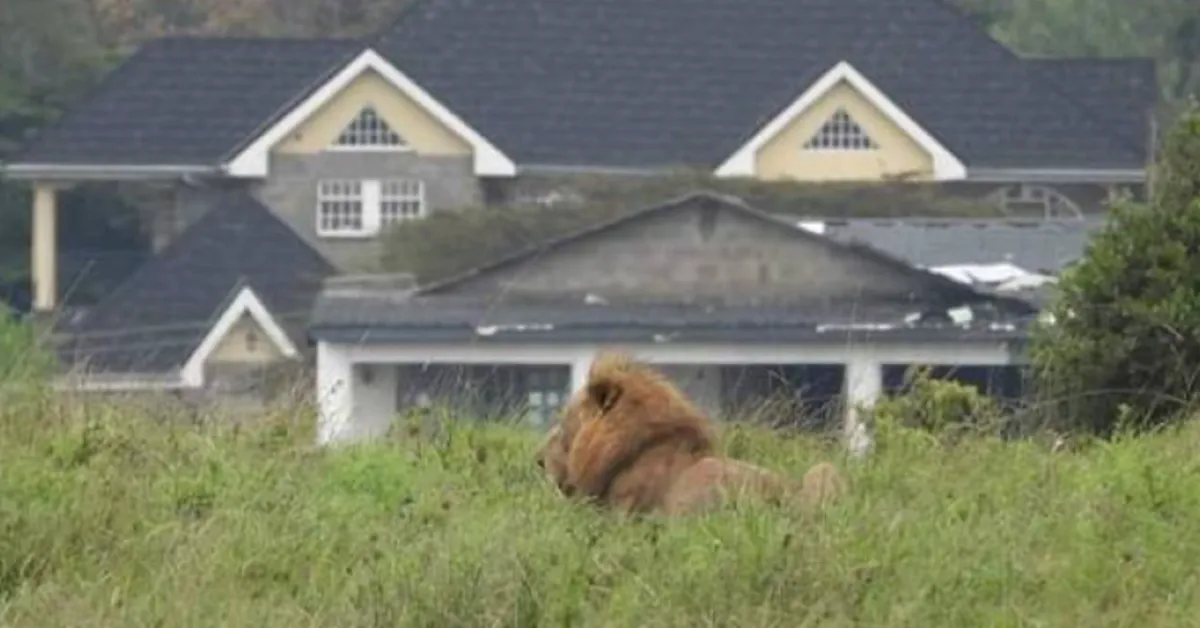KWS Captures Stray Lioness in Rongai

On Monday evening, the Kenya Wildlife Service (KWS) reported that rangers successfully captured the third and final lioness that had been roaming the Rongai area of Kajiado County.
This update follows weeks of efforts to secure the lioness, who has been identified by a distinctive ear notch and is thought to be the mother of two younger lions, also recently captured in the vicinity. The situation escalated after CCTV footage showed the lions moving through residential areas, with one lion allegedly attacking dogs.
"Yesterday, a lioness was captured in Sorora Drive, Rimpa, Kajiado North by the KWS PAC team," KWS revealed. "Confirmed by her distinctive ear notch, she is believed to be the mother of the two lions captured earlier in the same area."
Upon capture, the lioness was found to have sustained injuries, which indicated potential altercations with local residents. The KWS veterinary team administered immediate treatment, and the lioness has since been reintroduced to Nairobi National Park. This capture coincides with the recent evacuation of another lion from Sorora Drive, Rimpa, believed to be one of her offspring.
Wildlife straying from Nairobi National Park into surrounding communities is a recurring issue. As the only wildlife park situated within a city, Nairobi National Park presents significant challenges that contribute to human-wildlife conflicts. The onset of rains has prompted prey to migrate to the unfenced southern section of the park, which, in turn, attracts predators into populated areas.
Recent rainfall in Nairobi National Park has increased the likelihood of predators like lions, hyenas, and leopards venturing into nearby human settlements. The wet conditions prompt prey species to migrate to the southern part of the park, which remains unfenced and borders residential communities such as Rongai, Kitengela, and the broader Kajiado region.
As these prey animals move southward in search of better grazing and water availability, they inadvertently attract their natural predators. Residents are encouraged to report sightings of stray wild animals by calling the KWS toll-free number at 0800 597 000.














Add new comment